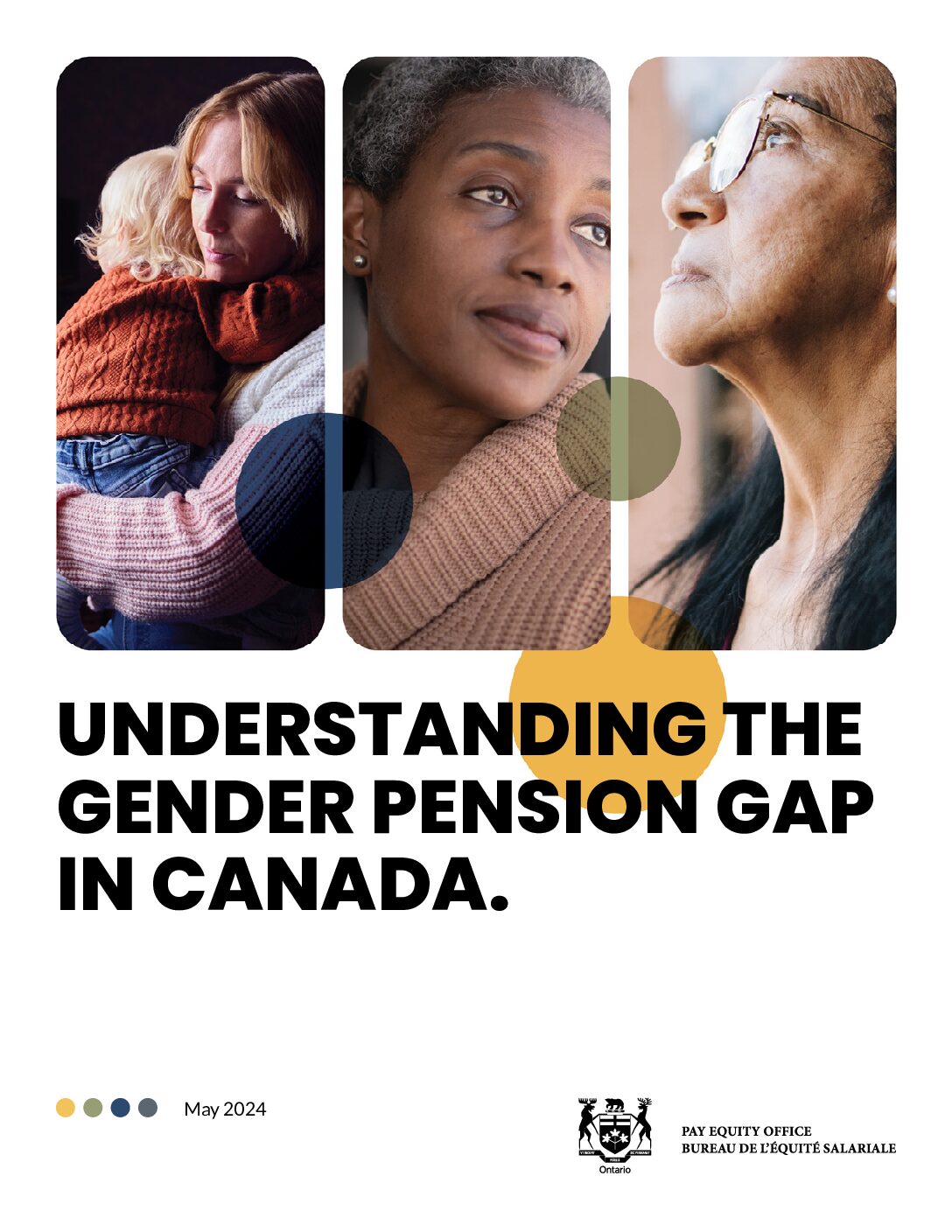2021 Retirement Confidence Survey
By EBRI Greenwald Research
The RCS is the longest-running survey of its kind, measuring worker and retiree confidence about retirement, and is conducted by the Employee Benefit Research Institute (EBRI) and Greenwald Research.
The 2021 survey of 3,017 Americans was conducted online January 5 through January 25, 2021. All respondents were ages 25 or older. The survey included 1,507 workers and 1,510 retirees — which includes an oversample of roughly 500 completed surveys among Black Americans (252 workers and 253 retirees) and roughly 500 completed surveys among Hispanic Americans (253 workers and 249 retirees).
Data were weighted by age, gender, education, household income, and race/ethnicity. Unweighted sample sizes are noted on charts to provide information for margin of error estimates. The margin of error would be ± 2.5 percentage points for both workers and retirees in a similarly sized random sample.
Get the book here











